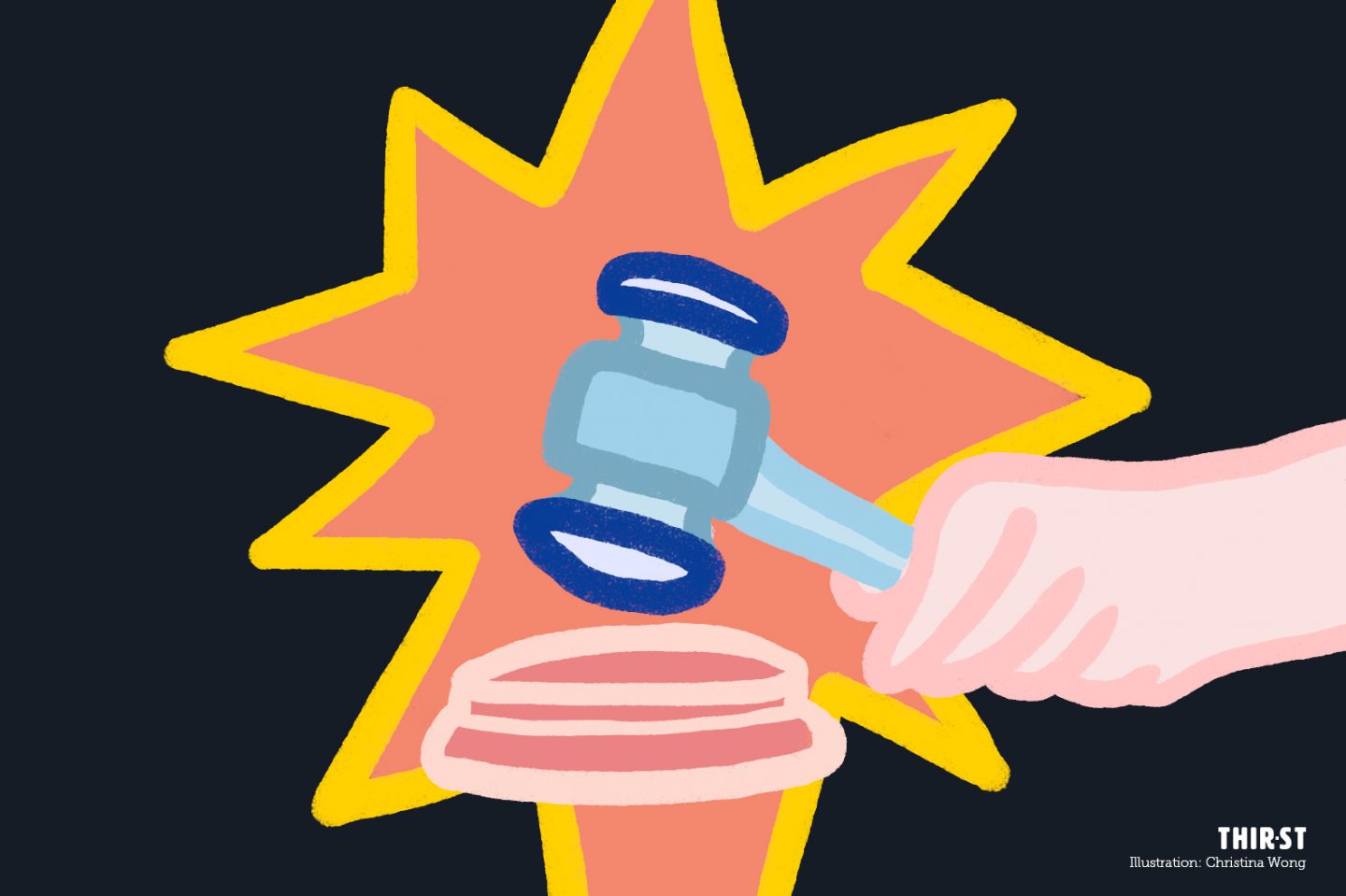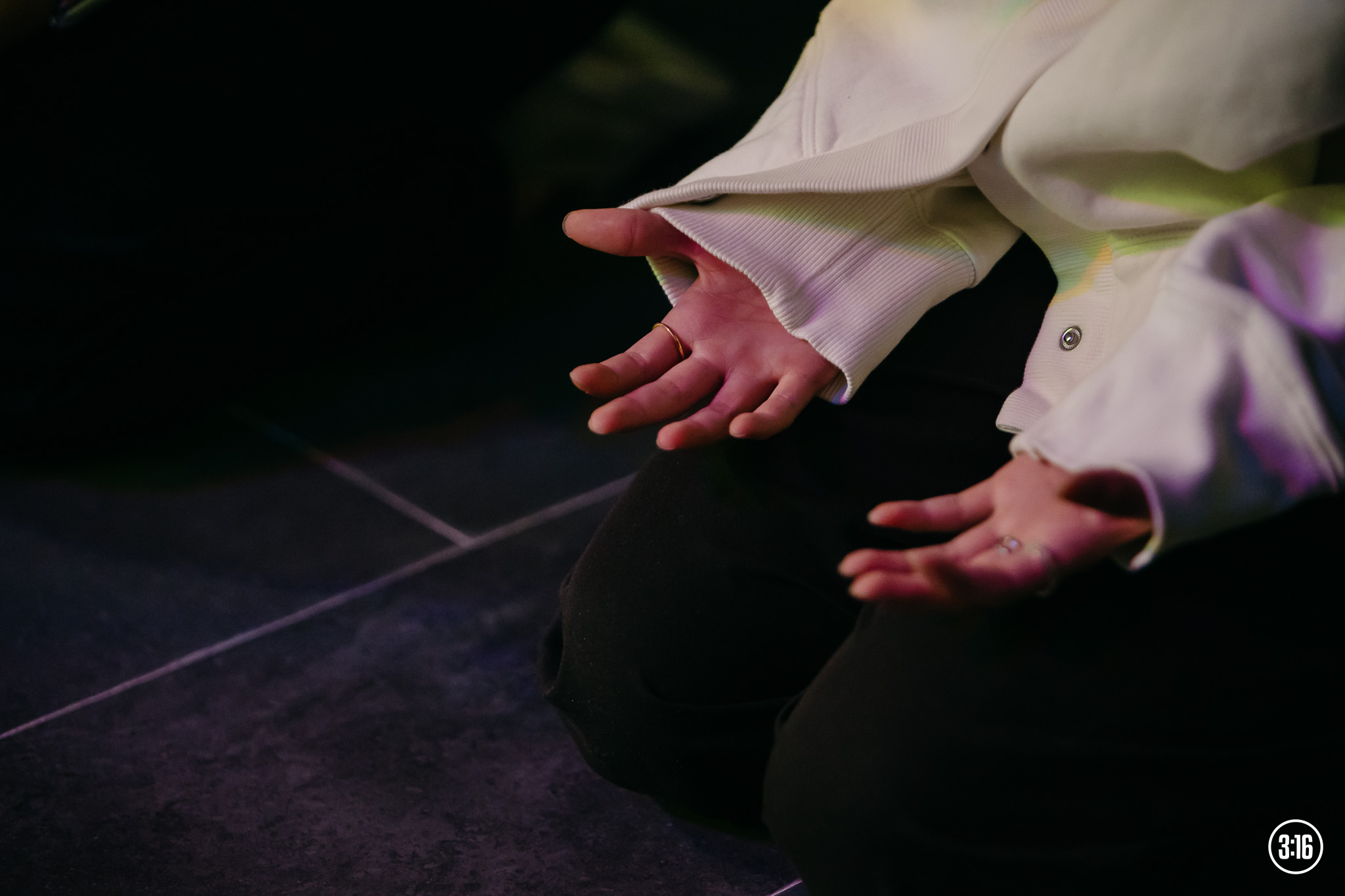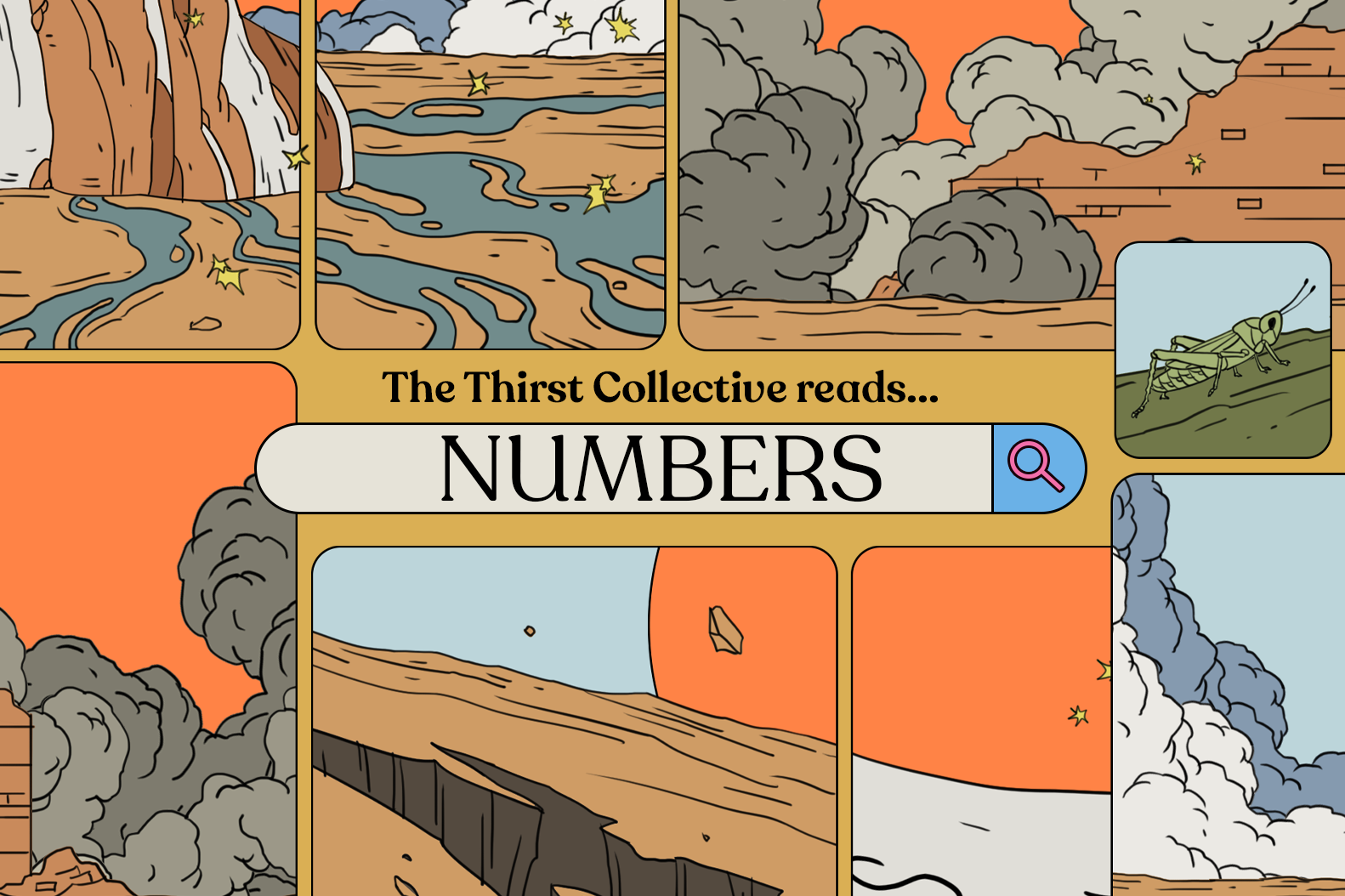In every court case, there’s always a hearing.
The judge, before pronouncing the defender innocent or guilty – and meting out due punishment for the guilty – has the obligation to hear both sides of the story in order to give a fair sentence.
This is typical court procedure to best uphold justice, but I find this practice unfortunately absent from our day-to-day life, when we judge people without giving them a chance to explain themselves first.
 There was once when I struggled tremendously to love a particular friend of mine. He was going through some difficulties in his personal life and it was affecting his mood and behaviour. I had a brief idea of what was going on, but did not know the details.
There was once when I struggled tremendously to love a particular friend of mine. He was going through some difficulties in his personal life and it was affecting his mood and behaviour. I had a brief idea of what was going on, but did not know the details.
Initially understanding, I soon got frustrated. It didn’t help that the way we processed our emotions and problems in life was so different that I couldn’t understand why he was acting the way he did. He was also easily irritable, and I bore the brunt of it. His mood swings eventually rubbed off me and my attitude towards him became defensively volatile as well.
To make things worse, he was in charge of a project we were both tasked to handle. It was difficult to work together when we were not on good terms. How could I trust his judgement when it was hard to even think good thoughts about him?
His healing process took quite some time, but he eventually got better. It was only then that he began to confide in me what he was going through and how he felt.
Listening to him softened my heart. It didn’t change the fact that he’d acted unreasonably or that he shouldn’t have done certain things, but it helped me clearly identify the struggles he was going through.
It also made me realise I could have been too harsh with my mental pronouncement of him.
INNOCENT TILL PROVEN GUILTY
“Judge not, that ye be not judged. For with what judgement ye judge, ye shall be judged: and with what measure ye mete, it shall be measured to you again.” (Matthew 7:1)
The word itself in the English language makes it slightly more confusing. Judging, as referred to in Matthew 7 and other similar verses in the Bible (1 Corinthians 4:3-5, Romans 2:1-3), can be understood to be similar to what is done in court – the measuring or meting out of a sentence, a determination of what is deserved according to the law.
You’d recognise this sort of judgement – we’ve all done it, pronouncing sentences or even carrying them out ourselves. She deserves this for what she has done. He should be paying for that with his life. Revenge movies are always the rage.
But it’s clear as day in the Word: Don’t do it. Why? More on that later.
I want to point us to this “other” type of judging first. Judging doubles up as a synonym for discerning – which is to distinguish right from wrong, true from false. The Bible tells us to correct fellow believers in order to point them back to the right paths (1 Timothy 5:20, 2 Timothy 2:23-26, Galatians 6:1). We can’t do that without the discerning judgement, which judges the act but not the person.
However, I find that even in discernment, we also tend to jump to conclusions too easily, and too readily.
A story that surfaced on Facebook comes to my mind: In a shipwreck, a husband and wife were struggling to stay afloat in the open sea. When a plank of driftwood big enough only for one person appears, the husband clings onto it, leaving his wife to fight against the tide. Eventually, the husband survived, while the wife drowned.
Upon reaching this point in the story, many would feel enraged by the husband’s decision. How could he be so selfish?

Yet, that wasn’t the end of the story. It was later revealed that the wife had been diagnosed with an incurable disease, and her chances of surviving – even if she had made it out of the shipwreck – were low. Knowing that one of them had to live on for the sake of their child, the husband decided to save himself rather than his wife.
When we look at a situation as it is, with our human eyes and logic, we tend to react rather than respond. It’s intuitive.
Psychologists term this as heuristics – mental shortcuts people use to form judgements and make decisions.
In his book Thinking, Fast and Slow, psychologists Daniel Kahneman frames it like this: “When faced with a difficult question, we often answer an easier one instead, usually without noticing the substitution.”
The confidence that individuals have in their beliefs depends mostly on the quality of the story they can tell about what they see, even if they see little.
Based on intuitive logic, it’s hard to comprehend why a husband would ever leave his wife to die, and so we substitute this with an easier question – why would anyone ever leave anyone to die? The easiest answer is: Self-preservation. And with that conclusion, we label this husband as a selfish man.
Quick judgement, or instinctive discernment, is not a bad thing. It is required in our daily lives, especially in times of danger. When we see a person acting suspiciously, we have to quickly sum that individual up as a potential threat and be prepared to act accordingly.
But we also need to be aware of our tendency to jump to conclusions. After all, it’s easy to overestimate what we know based on what is revealed to us.
As Kahneman discovers, “The confidence that individuals have in their beliefs depends mostly on the quality of the story they can tell about what they see, even if they see little.”
RESTORATIVE, NOT RETRIBUTIVE
In the recent case of Annie Ee, many angry netizens flooded online forums and comment boxes with hateful comments, wishing the worse upon the perpetrators.
I understand the rage and the vicarious pain – even though I’m clear on what true justice is, it’s still difficult to not be furious over what has been done.
But what also saddens and scares me is seeing public sentiments – and sentences – such as “string them up”, “send them to hell” and “the couple should be eaten by dogs” proliferate.
Will cursing them help? Will these judgements rectify anything? And who are we as sinful beings ourselves, who must also be judged for our wrongdoings, to be trusted with pronouncing the right judgements on anyone? Take it from the wisdom of the Bible: Judge not. Sentence not.
“For we must all appear before the judgement seat of Christ, so that each one may receive what is due for what he has done in the body, whether good or evil.” (2 Corinthians 5:10)
I’m currently reading the book of Ezekiel. Prophet Ezekiel was appointed by God as a watchman to warn Israel of the impending consequences because of their wrongdoings (Ezekiel 33:7).
You can refer to Ezekiel 16 for the full list of sins that the Israelites had committed in the eyes of God, but one offence stood out to me – child sacrifices. People literally offered their babies through rings of fire in order to appease whatever gods they were serving (Ezekiel 16:21).
This is, to me, as appalling as torturing an intellectually disabled person to death. It is no wonder why God was so enraged! Page after page, Ezekiel penned down the punishment God would inflict on Israel if they remained unrepentant.
After ploughing through the depressing chapters, I came to a part where God revealed the heart behind His judgement.
Therefore you, O son of man, say to the house of Israel: ‘Thus you say, “If our transgressions and our sins lie upon us, and we pine away in them, how can we then live?” Say to them: “As I live,” says the Lord God, “I have no pleasure in the death of the wicked, but that the wicked turn from his way and live. Turn, turn from your evil ways! For why should you die, O house of Israel?”‘ (Ezekiel 33:10)
Turn from your evil ways and live.
At the end of the day, God desired for Israel to come to repentance through their punishment more than it simply being a sentence of what they deserved. He has no pleasure in the death of the wicked – for the wages of sin is death (Romans 6:23) – but He is delighted when they turn from their sinful ways.
God’s judgement was rooted in love and compassion for His sinful people, as it is for all of mankind. And knowing that no man could ever be sinless and thus worthy of a place in Heaven, He offered the free gift of eternal life for all who believe in His son Jesus Christ (Romans 6:23), who was sent to earth as a baby – the reason for Christmas – and later took on the full sentence of death for the sins of the world.
God’s judgement was rooted in love and compassion for His sinful people, as it is for all of mankind.
The heart of God’s judgement for those He loves is always to restore, not to repay.
If I’d had this same spirit with regards to my difficult-to-love friend, I would have gently pointed out his mistakes to him in order to help him grow. But I didn’t. I simply let my frustrations bubble and spill over, and sought my own restitution in my not-so-loving thoughts and remarks towards him.
Looking back, I found justification for my bitterness when I repaid his attitude with my attitude, his frustration with my frustration. It was my judgement, my punishment – my sentence on him. Better, love-driven judgement would have discerned the need to restore our relationship with a kind but firm word.
We need to be clear of our motives. What is the root of our judgement? Do we seek to restore others? Or do we simply have a thirst for vengeance?

When the teachers of the Law brought an adulteress before Jesus and demanded to know what they should do with her – the proper answer being to stone her to death, as written in Mosaic Law – Jesus’ reply was “let him who is without sin, cast the first stone” (John 8:7).
Hearing this, the crowd slowly dispersed, till only the woman and Jesus remained. Then He said to her, “Has no one condemned you? Neither do I condemn you. Go, and sin no more.”
People tried to expose the adulteress, but Jesus exposed their hypocrisy.
It’s easier to cast judgement from afar than to come close and understand a person’s plight; it’s easier to see the flaws in others than to acknowledge our own. But aren’t we all the same? People in need of compassion and mercy.
Instead of condemnation, let’s help each other to lead a changed life – to go and sin no more.









